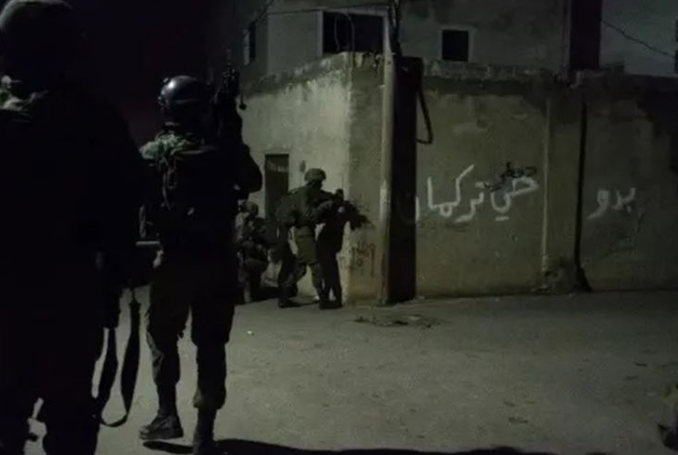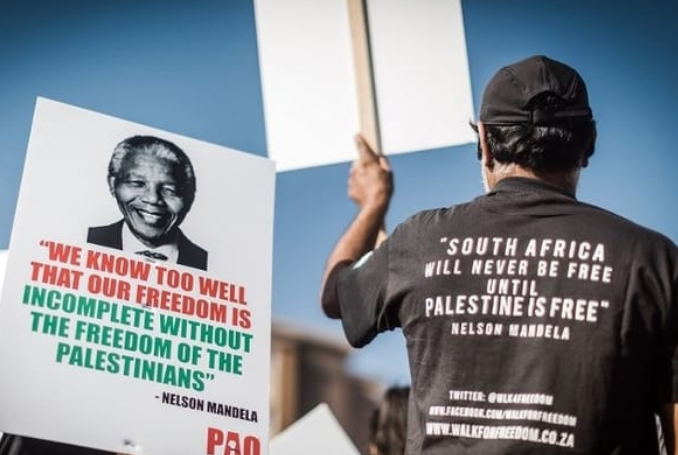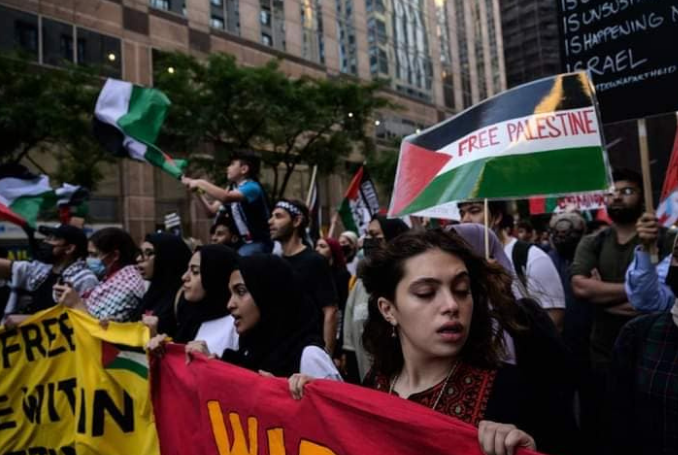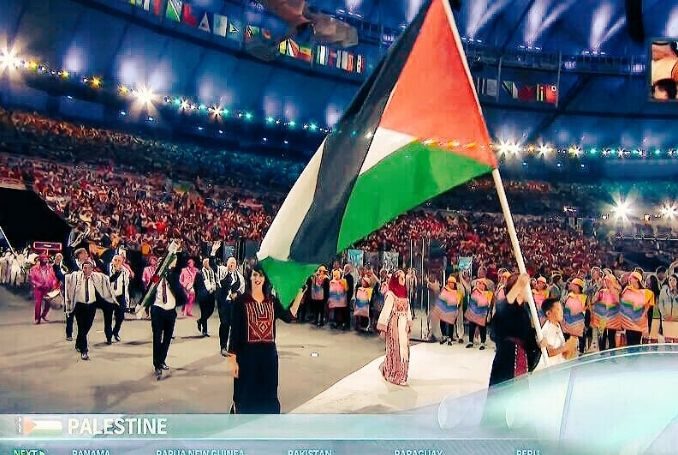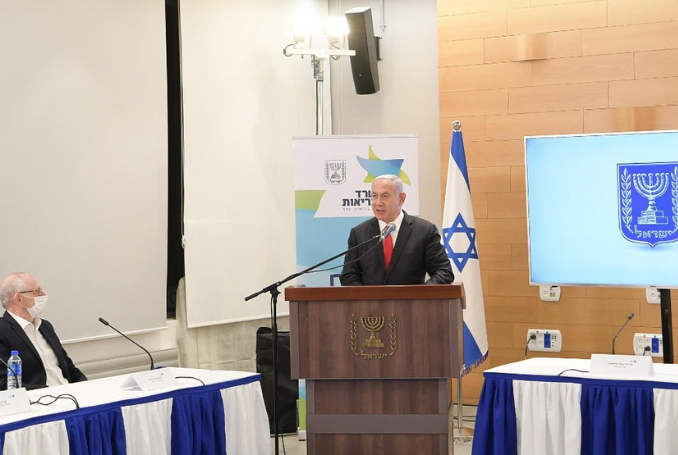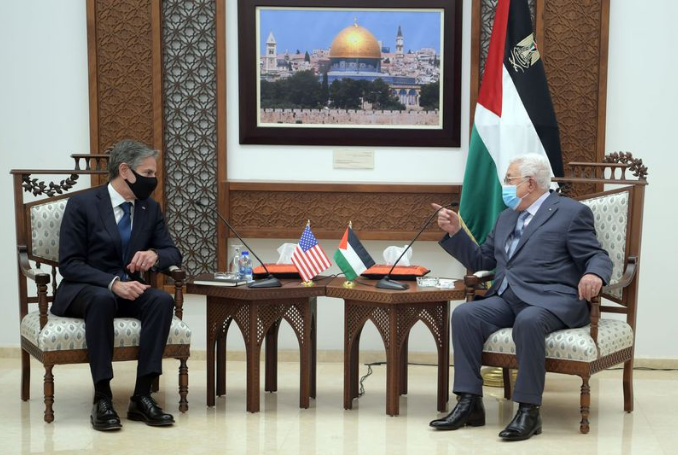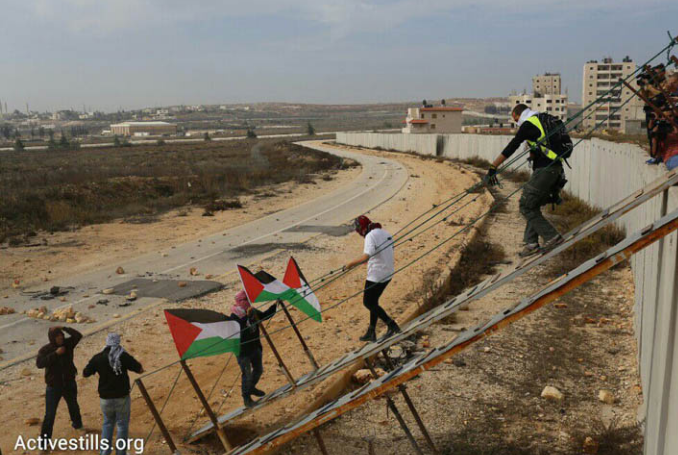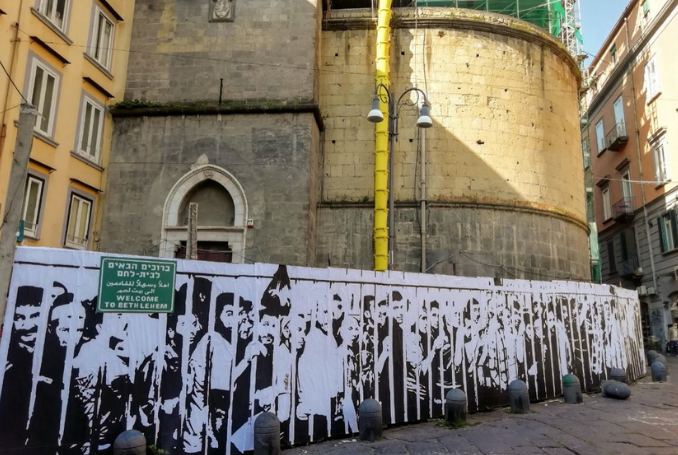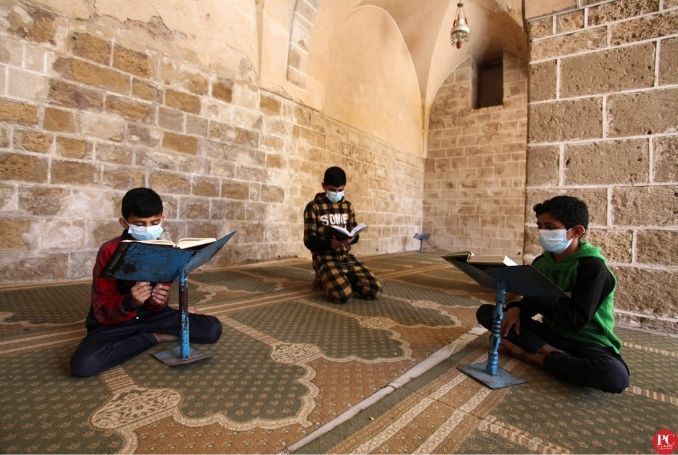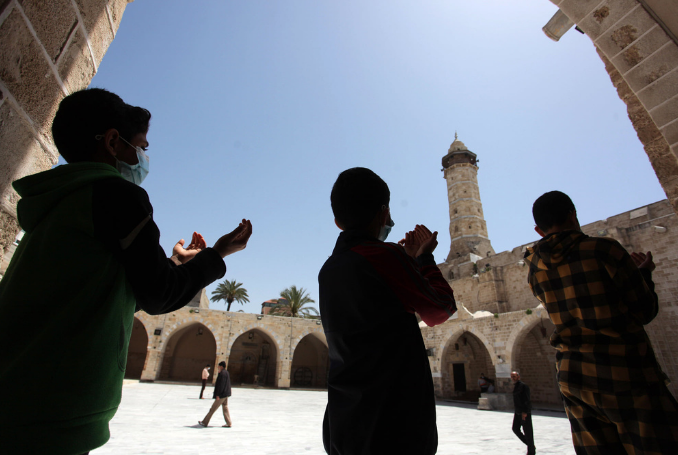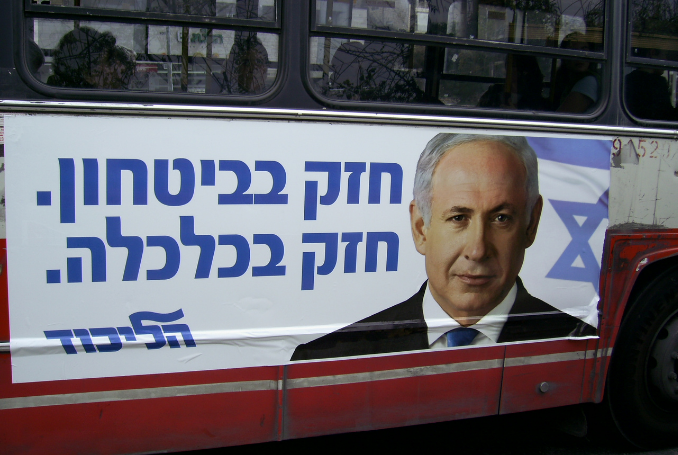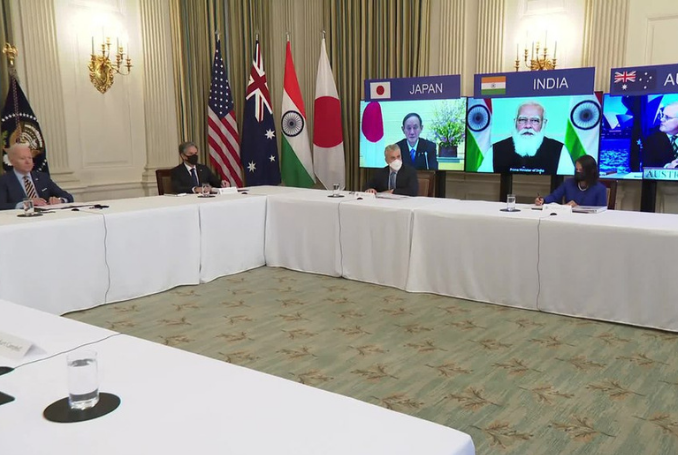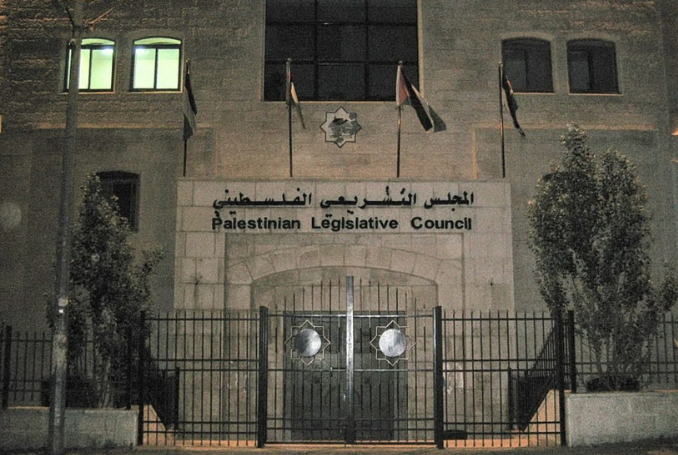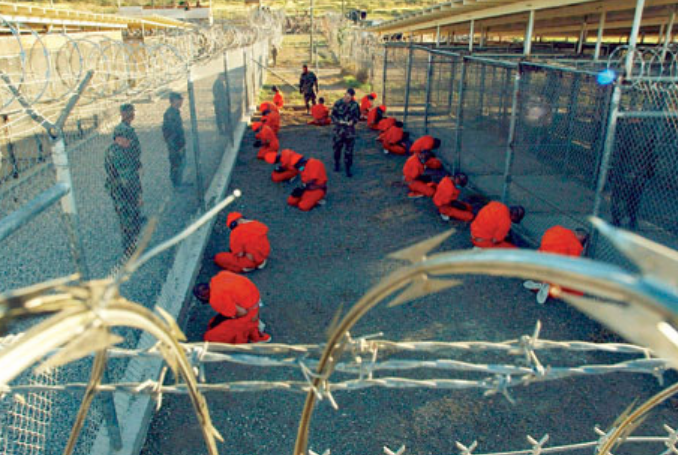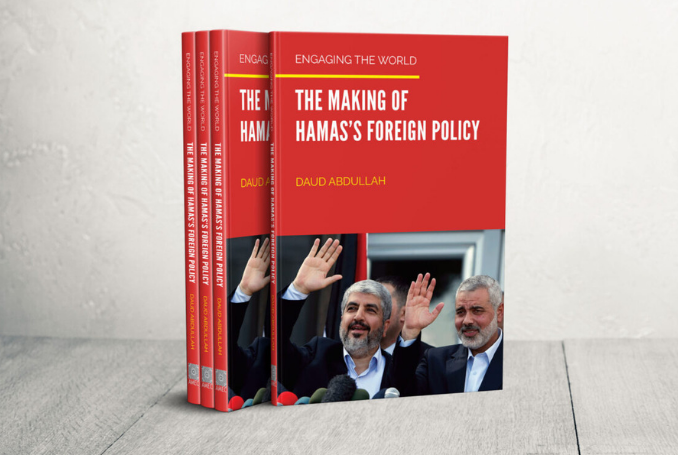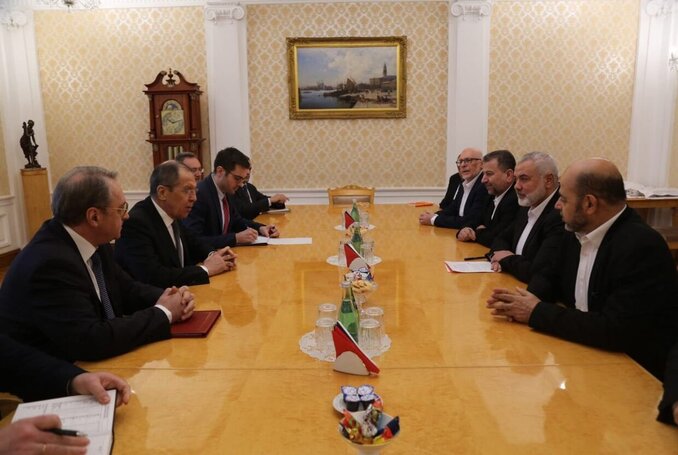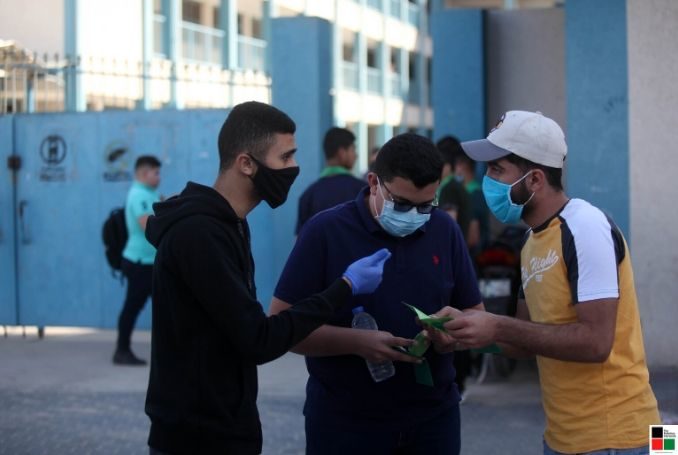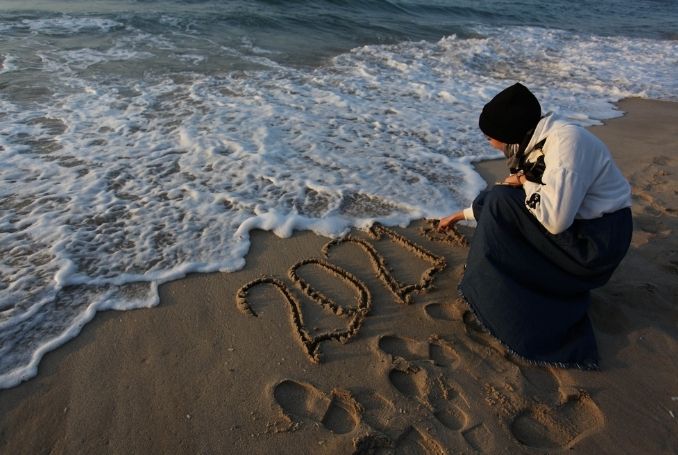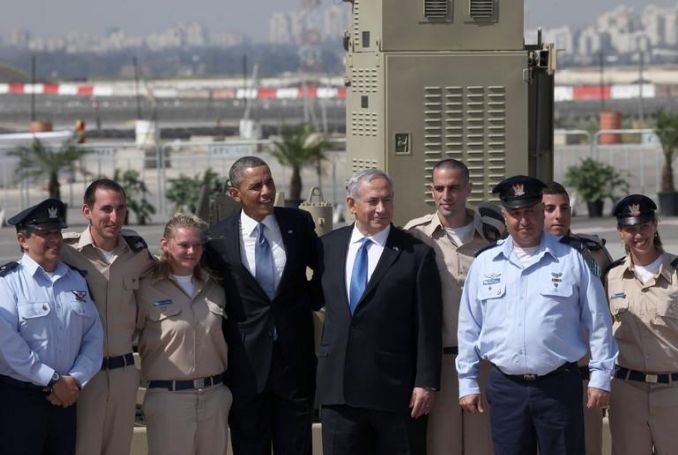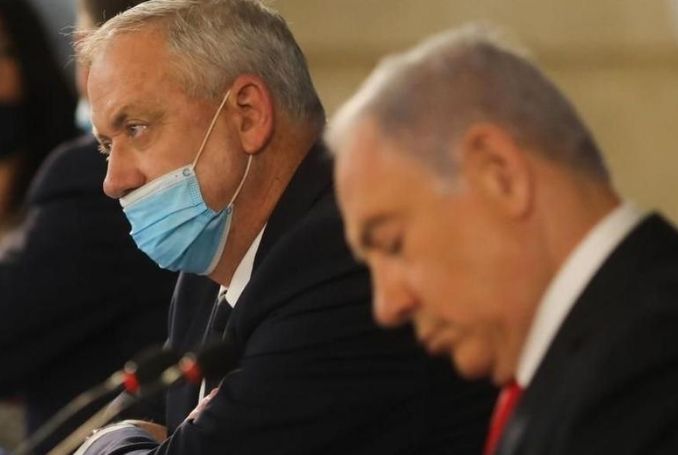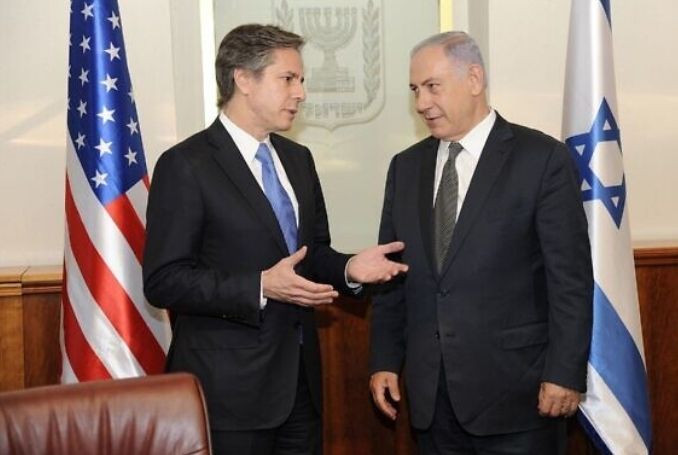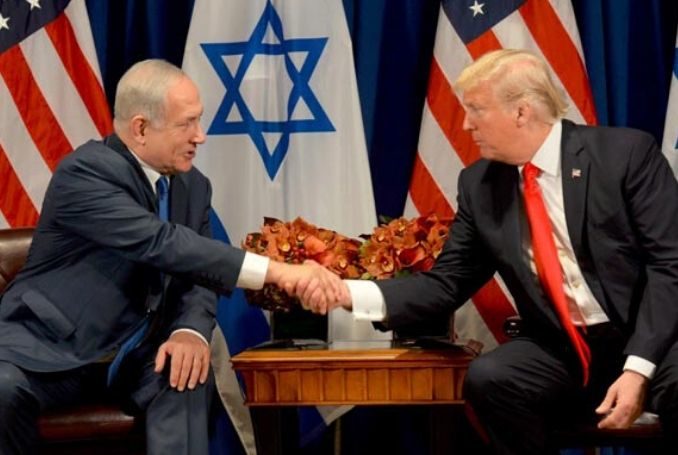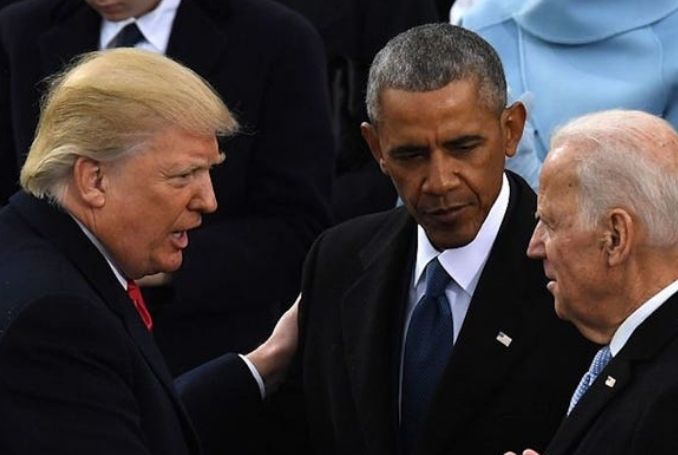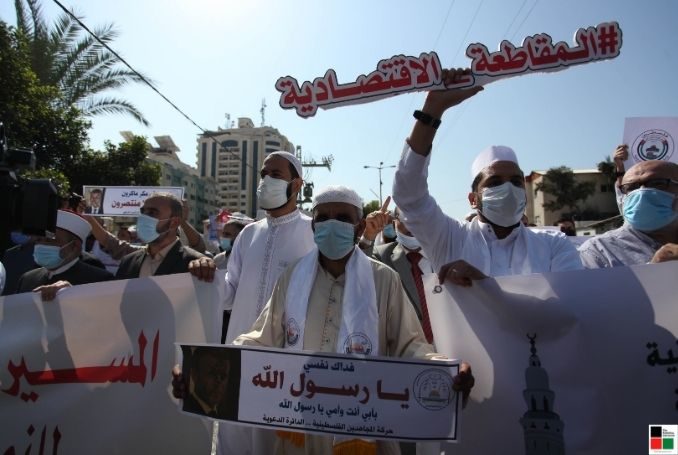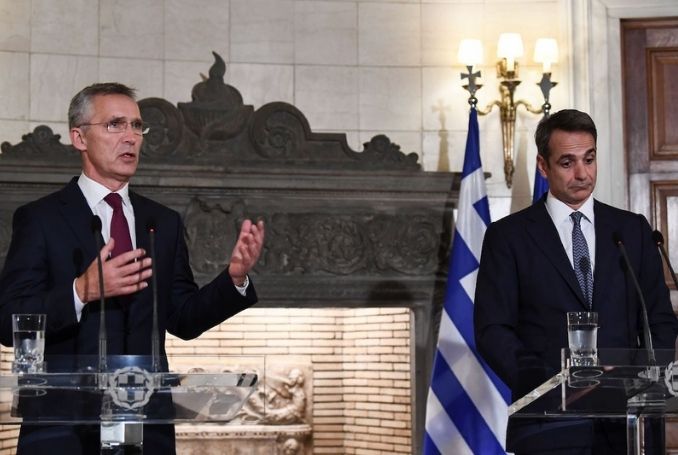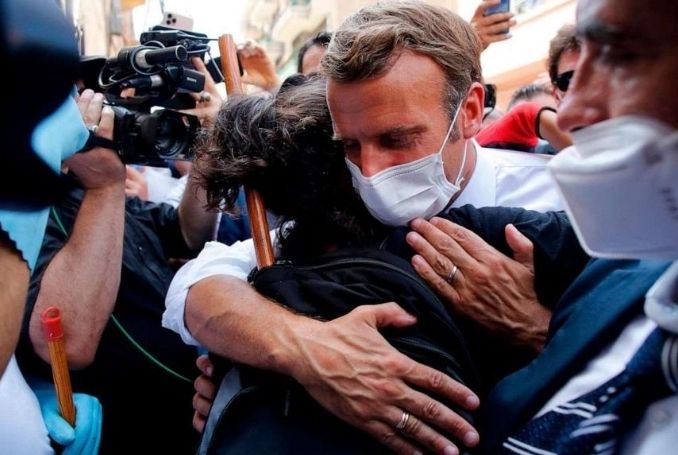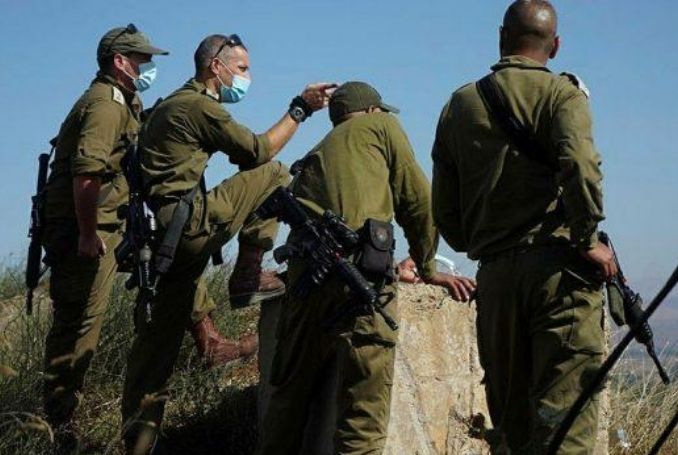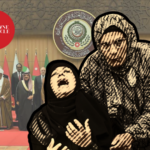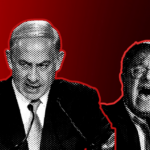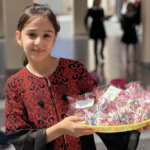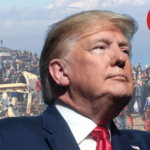- May 8, 2025
Middle East
‘Blood for Blood’: On Jenin and Israel’s Fear of an Armed Palestinian Rebellion
It is obvious that what is currently taking place in Jenin is indicative of something much larger. Israel knows this, thus the exaggerated violence against the camp.
Palestine’s Africa Dichotomy: Is Israel Really ‘Winning’ Africa?
Africa is also the heart of the most powerful anti-colonial trends the world has ever known. A continent of this size, complexity, and proud history cannot be written off as if a mere ‘prize’ to be won or lost by Israel and its neocolonial friends.
The Quiet Rebellion: Why US Jews Turning against Israel is Good for Palestinians
Israel is now at a crossroads. It can only win back the support of US Jews if it behaves in such a way that is consistent with their moral frame of reference. Hence, it would have to end its military occupation, dismantle its apartheid regime and reverse its racist laws.
The Politics of Cheering and Booing: On Palestine, Solidarity and the Tokyo Olympics
The truth is, for us, Palestinians, the Olympics are not an ethnocentric exercise. Our relationship to it is not simply inspired by race, nationality or even religion, but by humanity itself.
On the Politics of Victory and Defeat: How Gaza Dethroned the King of Israel
Netanyahu struggled to redeem his image. It was too late. As strange as this may sound, it was not Bennett or Lieberman who finally dethroned the ‘King of Israel’, but the Palestinians themselves.
The Fumbling King of Palestine: Palestinians are Defeating the Oslo Culture
Neither Washington, Tel Aviv, nor Mahmoud Abbas’ PA can possibly resuscitate the past and the miserable culture that Oslo has imposed on the Palestinian people. Only Palestinians can lead this transition for a better future, that of national unity, political clarity and, ultimately, freedom.
Esquire: Baroud’s Book among Top Ten Books on Palestine
They include In Search of Fatima, by Ghada Karmi, A Child in Palestine by Naji al-Ali, and My Father Was a Freedom Fighter: Gaza’s Untold Story, by Ramzy Baroud.
The Evolution of Apartheid: Why Israel is Becoming a Pariah State
No amount of Israeli propaganda and smear campaigns can turn the tide back in favor of Israel. While it may be too early to speak of a major paradigm shift, it is certainly no longer far-fetched to imagine that such a possibility is finally at hand.
‘Anti-Zionist Naples’: Award-Winning Italian Artist Speaks about Palestine and Why He Quit Photojournalism
We spoke to the Italian artist to understand his connection with Palestine and the Arab world, his inspirations and his ongoing fight against injustice in all of its forms.
On Spirituality and Low-Quality Entertainment: Ramadan Accentuates Inequality in the Arab World
Ramadan is the time where the Ummah should, once more, rediscover its identity and collective strength, for the sake of all Muslims; in fact, for the sake of humanity at large.
A Palestinian Prayer for Ramadan: May the Voices of the Oppressed Be Heard
Perhaps this Ramadan can serve as the opportunity for social justice to be finally enacted and for the oppressed to be heard so that their hymn of torment and hope may rise above the clouds.
Kafkaesque Politics: The Missing Lessons from Israel’s Latest Elections
With or without Israel’s longest-serving prime minister, Israel is unlikely to produce a politically unifying figure, one who is capable of redefining the country beyond Netanyahu-style cult of personality.
From the Earth to the Moon: Biden’s China Policy Doomed from the Start
Certainly, the US-led ‘Quad’ meeting was neither historic nor a game-changer, as all indicators attest that China’s global leadership will continue unhindered, a consequential event that is already reordering the world’s geopolitical paradigms which have been in place for over a century.
Elections under Fire: Palestine’s Impossible Democracy Dilemma
Palestine, like other Middle Eastern countries, including Israel, does have a crisis of political legitimacy. Since Palestine is an occupied land with little or no freedom, one is justified to argue that true democracy under these horrific conditions cannot possibly be achieved.
The American Injustice Industry: Why Shutting Down Guantánamo is Not Enough
So, even if Biden is able to overcome pressure from the military, from the CIA, and from Congress to shut Guantánamo down, justice will still be absent, not only because of the numerous lives that are forever shattered but because America still refuses to learn from its mistakes.
Engaging the World: The Making of Hamas’s Foreign Policy
Abdullah’s volume on Hamas is a must-read, as it offers a unique take on Hamas, liberating the discussion on the Movement from the confines of the reductionist Western media’s perception of Hamas as terrorist – and of the counterclaims, as well. In this book, Hamas is viewed as a political actor, whose armed resistance is only a component in a complex and far-reaching strategy.
The Russian Alternative: How Moscow is Capitalizing on US Retreat in Palestine, Israel
The US now has no other option but to slowly retreat from its previous commitments to the peace process: in fact, the region as a whole. As is often the case, any American retreat means a potential opening for Russia, which is now laying claim to the role of peace broker, a seismic change that many Palestinians are already welcoming.
B’Tselem’s Historic Declaration: Israel’s Open War on Its Own Civil Society
Even in the eyes of many Israeli Jews, the Israeli government no longer possesses any democratic ideals. Indeed, as B’Tselem has succinctly worded it, Israel is a regime of Jewish supremacy ‘from the Jordan River to the Mediterranean Sea.’
Covid-19 under Apartheid: How Israel Manipulates Suffering of Palestinians
Long after the deadly pandemic is contained, the tragedy of occupied Palestine will, sadly, continue unhindered, until the day that Israel is forced to end its military occupation of Palestine and the Palestinians.
2021: Palestine’s Chance of Fighting Back
2020 may have been a devastating year for Palestine, but a closer look would allow us to see it as an opportunity for a whole new Palestinian political discourse. 2021 is Palestine’s chance of fighting back.
The US Money Tree: The Untold Story of American Aid to Israel
Judging by its legacy of continued support of the Israeli military machine and the ongoing colonial expansion in the West Bank, Washington insists on serving as Israel’s main benefactor – if not a direct partner – while shunning Palestinians altogether. Expecting the US to play a constructive role in achieving a just peace in Palestine does not only reflect indefensible naivety but willful ignorance as well.
A Country in Turmoil: Why Netanyahu is a Symptom, Not Cause of Israel’s Political Crisis
Without a clear ideology, especially when combined with the lack of a written Constitution, Israeli politics will remain hostage to the whims of politicians and their personal interests, if not that of Netanyahu, then of someone else.
The King’s Man: Blinken’s Appointment Reassures Israel that Little Will Change under Biden
Biden’s foreign policy is likely to be a continuation of Trump’s ‘Deal of the Century’, though under a different designation. It is baffling that the Palestinian leadership is unable to see this, focusing instead, on steering the US back to a failed status quo, where Washington blindly supported Israel while paying Palestinians off for their silence.
Expansion and Mass Eviction: Israel ‘Takes Advantage’ of Trump’s Remaining Days in Office
The announcements are strategically timed, as they carry an unmistakable political message that Israel does not intend to reverse its settlement policies, regardless of who resides in the White House.
‘Total Reset’ is Wishful Thinking: The Daunting Task of Reordering US Foreign Policy
While it is too early to determine the nature of Biden’s foreign policy doctrine, it behooves the new administration to alter its perception of itself and the world at large, and to understand that sheer military power is no longer a guarantor of political and economic influence.
Macron’s Incitement: ‘Crisis in Islam’ or French Politics?
The true crisis is not a crisis in Islam, but in French politics. If anyone deserves mockery, it is not Prophet Mohammed – whose message of nearly 1,500 years ago was that of peace, justice and equality – but, rather, Macron himself.
What Does Israel Have against Palestinian Singer, Mohammed Assaf?
Israel’s announcement to bar a Palestinian singer from returning, thus performing to other Palestinians under occupation is, from an Israeli viewpoint, not outrageous at all. It is another attempt at disrupting the natural flow of Palestinian culture, which, despite the loss of Palestine itself, is as strong and as real as it has always been.
As Washington Retreats, Eastern Mediterranean Conflict Further Marginalizes NATO
It is hard to imagine the reinvention of NATO, at least a NATO that caters to Washington’s interests and diktats. Judging by France’s recent behavior, the future may hold irreversible paradigm shifts.
Hands off Lebanon: Macron’s Self-serving ‘New Pact’ Must Be Shunned
Lebanon should be aware that its current tragedy is the perfect opportunity for its former colonial masters to stage a comeback, which would hardly save Lebanon and her people from their persisting calamity
The Politics of War: What is Israel’s Endgame in Lebanon and Syria?
Israeli policymakers and military planners must be busy trying to analyze the situation in Lebanon, to understand the best way to exploit Lebanon’s tragedy in order to advance Israel’s strategic interests.


